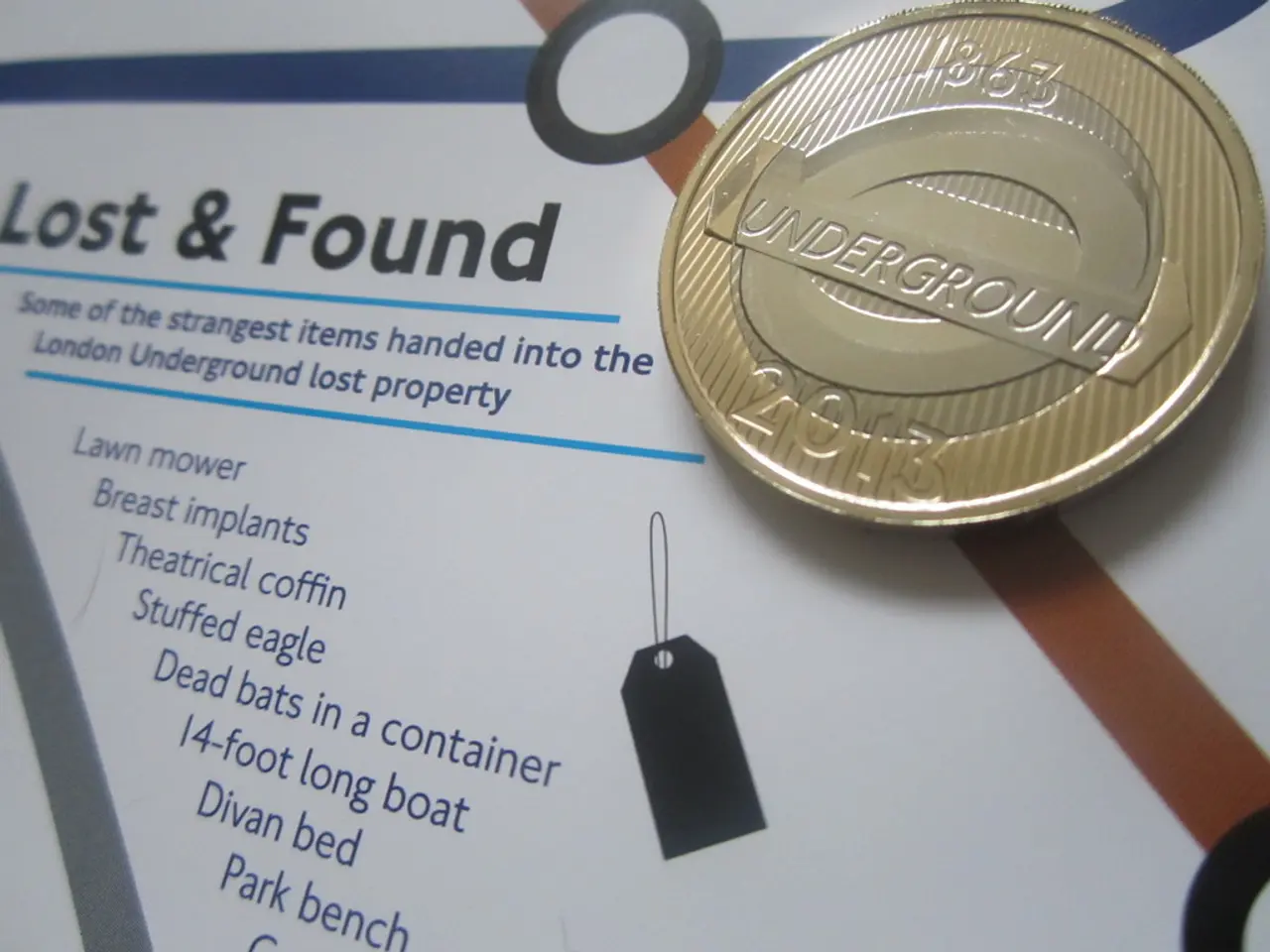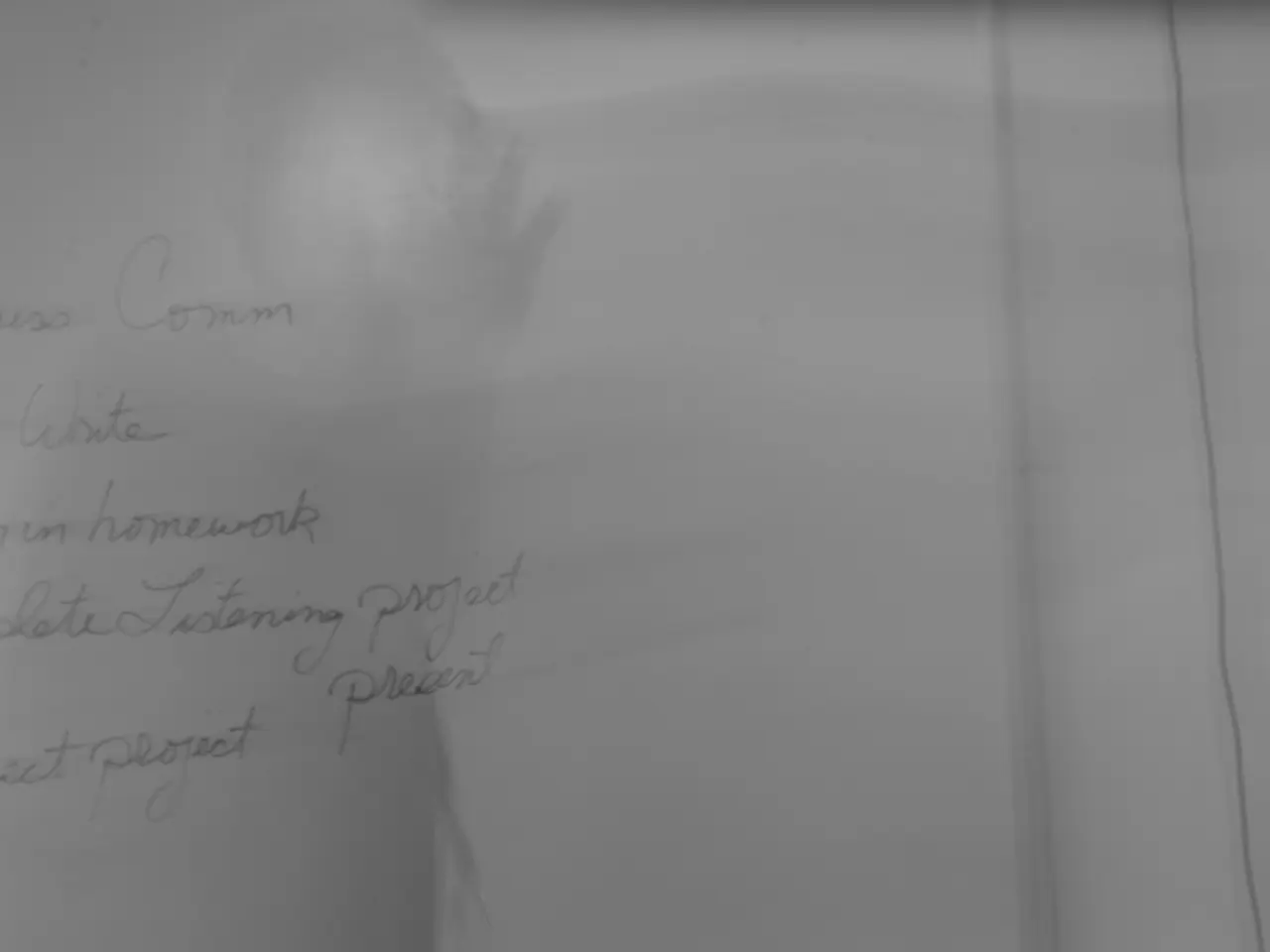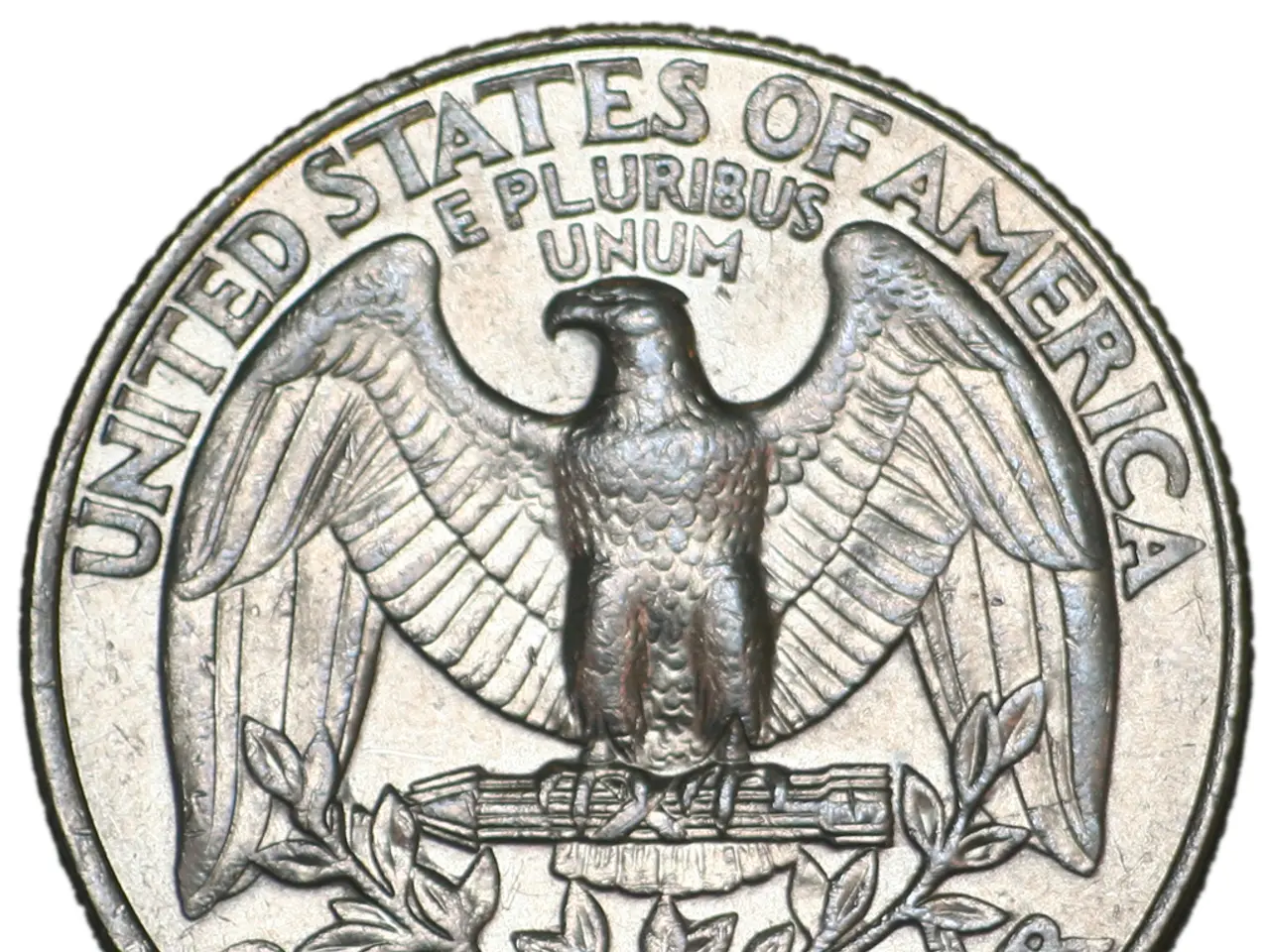Confidential Intelligence Bulletin
Russia's latest internet disruption, the YouTube outage, is a significant event that sheds light on the Kremlin's intensified efforts to control the digital landscape. This crackdown on online freedom of expression comes amidst escalating political and military pressure, particularly in relation to the ongoing conflict with Ukraine.
The Kremlin's Digital Crackdown
The Russian government has a history of imposing restrictions on digital platforms, with the 2012 "Bloggers Law" and the 2020 blocking of LinkedIn being notable examples. The current digital crackdown aims to block content deemed "extremist" or critical of the state, including LGBTQ+ content and critiques of government policies.
Massive internet shutdowns and throttling of services have been implemented as "security measures," affecting broadband and mobile internet across many Russian regions. The government is also adopting spyware on devices and new restrictive laws, making it risky to use circumvention tools like VPNs.
Implications for Content Creators, Viewers, and Internet Freedom
The YouTube outage has far-reaching implications for content creators, viewers, and internet freedom in Russia. Content creators face extreme censorship, removal of thousands of channels linked to "foreign propaganda," and risks of criminal penalties for certain content. Viewers experience disrupted access to popular platforms, internet blackouts, and limitations on searching for information.
Internet freedom is severely curtailed by state surveillance, blocking of foreign and independent media, criminalization of accessing "forbidden content," and growing digital isolation. This marks a significant erosion of digital rights and free speech in Russia.
A Warning for Other Platforms
The case of the YouTube outage in Russia serves as a warning to other platforms about compliance with state regulations. Social media giants like Twitter and Facebook have faced scrutiny from Russian authorities, indicating a broader trend of government control over digital platforms.
Maintaining Essential Functions and Free Speech
Ensuring uninterrupted access to digital platforms is vital for maintaining essential functions such as news, entertainment, and community engagement. In a world where technology shapes our understanding of reality, safeguarding free speech is more important than ever.
The YouTube outage in Russia highlights the delicate balance between governance and freedom of expression. As this incident demonstrates, the consequences of digital censorship can be profound, limiting creativity, stifling diverse viewpoints, and creating echo chambers. It is crucial that we continue to advocate for internet freedom and the preservation of digital rights in Russia and beyond.
[1] Reporters Without Borders. (2021). Russia. Accessed from [https://rsf.org/en/russia]
[2] Freedom House. (2021). Freedom on the Net: Russia. Accessed from [https://freedomhouse.org/report/freedom-net/2021/russia]
[3] Amnesty International. (2021). Russia: Internet Shutdowns and Throttling. Accessed from [https://www.amnesty.org/en/latest/news/2021/01/russia-internet-shutdowns-and-throttling-in-russia-must-end-amnesty-international-says/]
[4] Human Rights Watch. (2021). Russia: LGBTQ Rights Under Attack. Accessed from [https://www.hrw.org/news/2021/01/20/russia-lgbtq-rights-under-attack]
[5] The Verge. (2021). YouTube removes thousands of channels in Russia amid government pressure. Accessed from [https://www.theverge.com/2021/1/21/22244217/youtube-removes-thousands-channels-russia-government-pressure]
- The current Russian digital crackdown aims to block content on social media platforms, particularly those critical of the state, such as LGBTQ+ content and government policies, following the example of the 2012 "Bloggers Law" and 2020 blocking of LinkedIn.
- The implications for content creators, viewers, and internet freedom in Russia are severe, with content creators facing extreme censorship, removal of channels linked to "foreign propaganda," and risks of criminal penalties for certain content, while viewers experience disrupted access to popular platforms and limitations on searching for general-news.
- The Russian government's increasing control over digital platforms serves as a warning to other social media giants like Twitter and Facebook, indicating a broader trend of government-enforced compliance with state regulations.
- In a world where technology plays a significant role in shaping our understanding of reality, preserving free speech and ensuring uninterrupted access to digital platforms for education, entertainment, politics, and community engagement is more important than ever.




